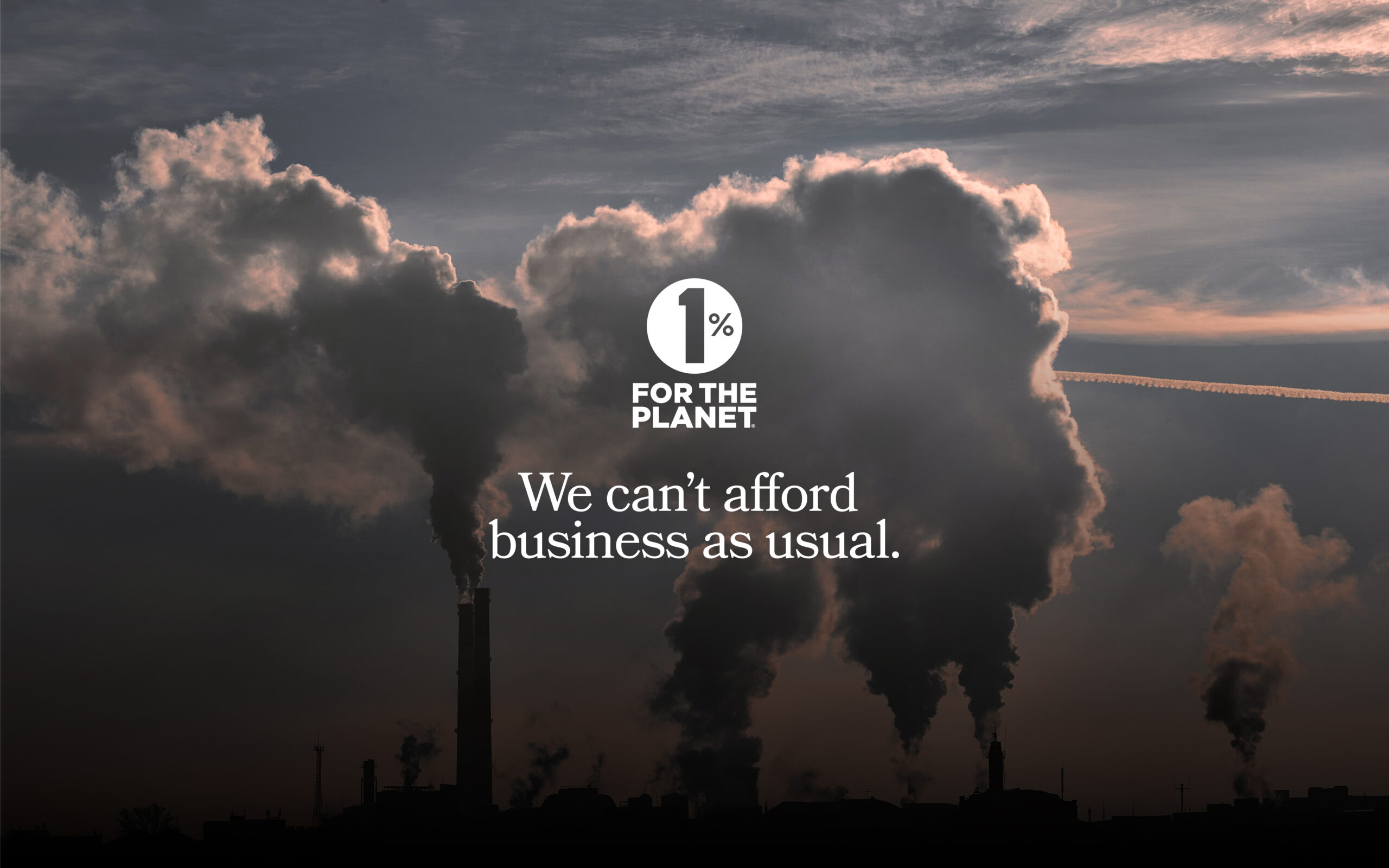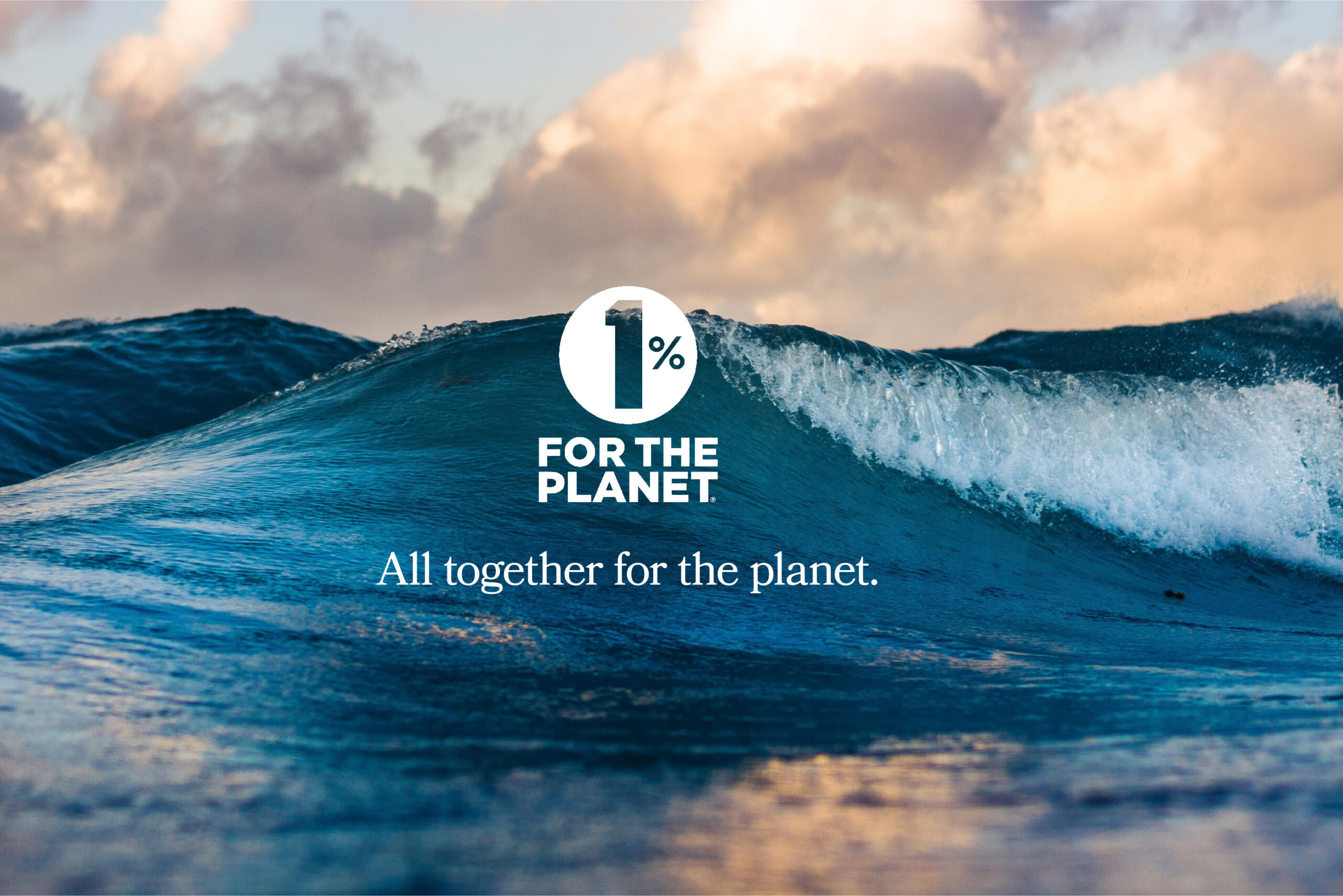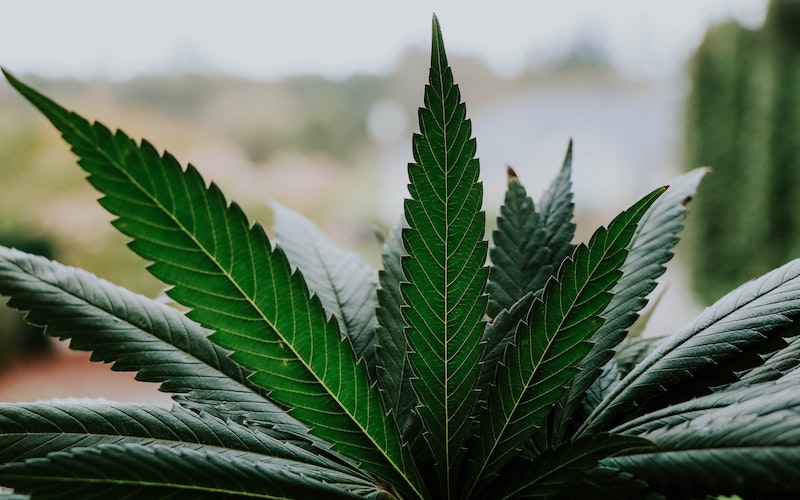Sustainability has become a buzzword in recent years with so many companies claiming to prioritize it in their operations. However, true sustainability goes beyond simply reducing packaging or using eco-friendly materials.
It also encompasses ingredients, product formulations, and the company’s commitment to supporting sustainability through transparency and charitable partnerships.
The wellness and beauty industry, which includes CBD and cannabis products in personal care, skin care, and supplements has been growing at an unprecedented rate, especially post-pandemic, as people focus on their well-being.
But with that growth comes the potential for additional negative impacts on the environment via the increase in sourcing and production of ingredients and packaging.
Statistics report that at least 120 billion packaging units are produced annually by the beauty and wellness industry, most of which are not recyclable. A report by The Environmental Protection Agency noted that close to 70% of the 14.5 million tons of plastic containers and packaging the U.S. generated in 2018 ended up in a landfill.
Demanding Sustainability
Consumers concerned about the environment are factoring sustainability into their product choices. According to L.E.K. Consulting’s Consumer Sustainability Survey 2022, U.S. consumers rate sustainability fourth in importance for purchasing products, and 56% of U.S. consumers would be willing to pay 35-40% more for sustainable products.
Additionally, consumers are concerned about product manufacturing processes and how they impact the ecosystem — a fact that is pushing companies to adopt eco-friendly practices. By incorporating sustainability into their operations, brands can attract and retain customers who value environmentally-friendly products.
Sustainability should be an integral part of a brand’s mission, not only because it is the right thing to do, but because it can ultimately benefit both the environment and the well-being of its customers.
Fortunately, there are multiple paths brands can take in their quest for sustainability. To truly prioritize sustainability, companies must take a holistic approach that considers many factors. The time to start going green is now!

Consider the impact your business operations have on the future of the planet and take steps to lower impact throughout the entire supply chain — from raw ingredient sourcing to sustainable packaging and shipping of the final product.
Support charitable organizations such as 1% For The Planet and Our Forest, which support global reforestation efforts by planting a tree with every order received.
Applying for B Corporation status is another way to show your brand’s accountability and commitment to sustainability. It’s also important to understand this is an ongoing process that can continually be improved upon. Consider the following business practices that may help on your journey toward sustainability.
Sustainable Ingredients
Sustainable ingredients are those that won’t harm the planet or human health. Non-toxic, organic, and natural ingredients are sustainably grown and responsibly harvested, creating less of an impact on the planet.
This is more pronounced when compared to chemicals such as parabens and phthalates, which can damage human health and cause ecological harm.
Ethical Sourcing
Consider the ingredients themselves and how those ingredients are sourced — including the workers’ treatment and culture.
This requires a brand to ensure its suppliers are committed to positive social and environmental impact, understand what’s going on within its supply chain, and pay a fair price for the raw materials and goods.
Sustainable Packaging
It’s important to use product packaging that minimizes waste and/or is recyclable. Sustainable packaging includes glass, sugar cane ethanol plastic, biodegradable films, and post-consumer recycled cardboard.
As materials evolve and more sustainable options become available, brands should continue to change and improve their efforts.
While companies can’t control what happens to packaging once it’s in the hands of customers, they can educate shoppers on how to recycle and dispose of packaging sustainably through blog posts, emails, and other content.
Communication and Transparency
It isn’t enough to just state that you are sustainable; consumers need to be able to trust your brand through meaningful action and communication.
Some brands, like Element Apothec, have earned Cert Clean Certification for eligible products. Clear For Me is another organization that will validate every ingredient and its purpose.
Third-party testing for every product ensures they never contain any pesticides, toxins, or heavy metals.
Charitable Giving
Brands can do their part by supporting charitable organizations that have a social or environmental impact. Consider pledging a portion of revenue to charities.
It’s inspiring for businesses and customers to see other ethical brands with a dedicated giving policy.

For example, 1% For The Planet members give one percent of their earnings to support environmental charities.
Others emulate this philosophy by directly giving proceeds to social or conservational charities or by simply using their platform to support causes they are passionate about.
A Greener, More Beautiful World Ahead
Sustainability should be an integral part of any company’s mission. Not only because it is the right thing to do but because it aligns with their core values and can ultimately benefit both the environment and the company’s long-term success.
Brands have a responsibility to minimize the negative impact of their operations on the environment and society.
Incorporating sustainability into their operations is one way to do this. By prioritizing sustainability, brands can ensure that they are operating in a way that is environmentally and socially responsible. By embracing sustainability, companies can improve their reputation and brand image and attract and retain customers who value environmentally-friendly products.
This article first appeared in Volume 4 Issue 4 of Cannabis & Tech Today. Read the full issue here.
Author
-
Davina Kaonohi is the CEO & Co-Founder of Element Apothec. As a strategic leader and brand creator, Kaonohi is passionate about challenging the norm and making a difference with every company she has worked with. She is driven by a desire to truly make a difference both professionally and personally.






